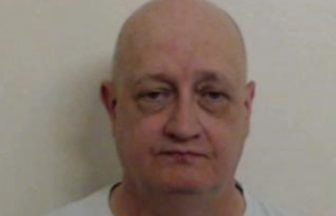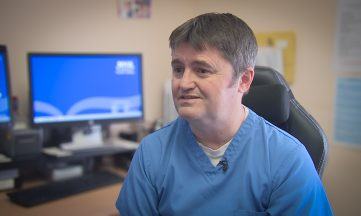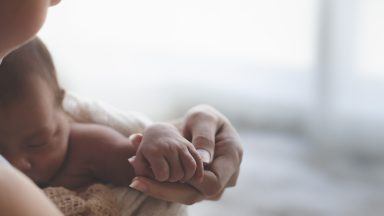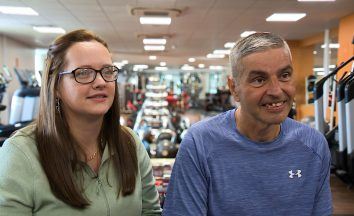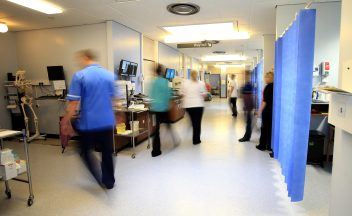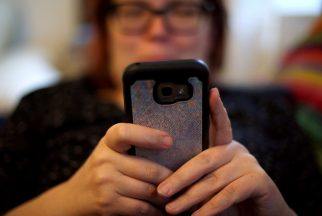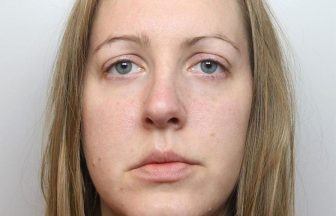The number of teenage girls suffering from eating disorders in Scotland has more than doubled in the last five years, statistics show.
Figures from Public Health Scotland show that 605 girls between 15 and 19 years old presented with an eating disorder in 2018.
In the last year, the number was 1,256.
Leading charity Beat said there are likely to be even more people in Scotland with or vulnerable to eating disorders than the data reports.
Director of external affairs Tom Quinn said the numbers were “concerning but sadly not surprising”.
“The pandemic was an incredibly distressing time, as people were isolated away from friends and family, worrying for the health of others and unable to access certain foods,” he said.
Eating disorders include anorexia nervosa (AN), bulimia nervosa (BN), avoidant restrictive food intake disorder (ARFID) and binge eating disorders (BED).
They have the highest mortality of all mental disorders, with serious medical consequences as well as risks of suicide.
Eating disorders typically develop in early to mid-adolescence but can emerge at any age.
In the last five years, the number of people across Scotland with the conditions has gone up by more than a quarter (26.7%) – however the population rate has remained the same.
Services across Scotland saw increased numbers of referral for people with eating disorders since the start of the Covid-19 pandemic.
Eireann McAuley was one of many across Scotland who found the isolation of the lockdowns deeply challenging.
The 25-year-old has been living with eating disorders since her final school years – first bulimia and then anorexia.
“I was a young woman staying myself in lockdown, already had problems with eating and services weren’t available,” she told STV News.
“I remember just at the start of lockdown ultimately begging my GP for support.”
READ MORE: ‘During Covid lockdown I had to beg for help with my eating disorder’
The Scottish Government’s National Review stated that “eating disorders thrive on isolation”, with the Royal College of Psychiatrists in Scotland saying that the “loss of support structures” contributed to the increase in children and adolescents presenting with the conditions.
Beat said it supported over three times as many people in Scotland between 2021 and 2022 in comparison to before the pandemic.
“We know that one in four people with eating disorders are men and boys, and while there has been an increase in males in Scotland with disordered eating symptoms, we’d estimate that this could be higher,” said Mr Quinn.
“Binge eating disorder and ARFID symptoms, which are two serious eating disorders affecting thousands of people across the UK, also haven’t been captured, meaning that we’re not likely to be seeing the full scale of the problem.
Beat is a leading charity for people with eating disorders. Its helpline is open every day from 1pm to 9pm during the week, and 5pm to 9pm on weekends and bank holidays – call 0808 801 0432.
Help and support is available now if you need it. The Samaritans can be contacted any time, from any phone, free on 116 123, email at jo@samaritans.org, or visit samaritans.org to find your nearest branch. Details of other services and more information can be found on the NHS website here.
If you are in need of urgent help or medical advice for yourself or someone else you should contact 999. If you are looking for medical advice contact your GP or 111.
Follow STV News on WhatsApp
Scan the QR code on your mobile device for all the latest news from around the country





